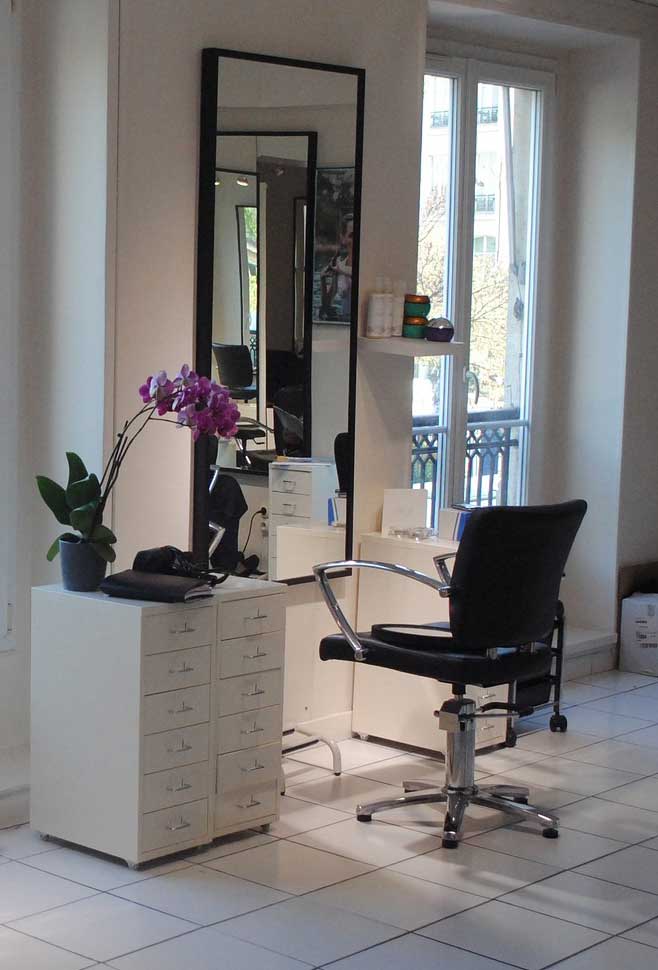Understanding Hormone Replacement Therapy (HRT)
Hormone Replacement Therapy (HRT) is a treatment used to supplement or replace hormones that the body no longer produces in sufficient amounts. It is commonly used to alleviate symptoms associated with menopause, andropause, and certain medical conditions that cause hormonal imbalances. HRT can significantly improve the quality of life for individuals experiencing hormonal deficiencies, but it also comes with potential risks and considerations.
We are Hill Country Salon Suites, serving the Greater Georgetown Metro area with affordable and luxurious salon suites for rent. Call us at 512-380-2500 for more information about our affordable luxury salon suites.
 Types of Replacement Therapy
Types of Replacement Therapy
HRT can be categorized based on the hormones being replaced and the method of administration. The primary types of HRT include:
1. Estrogen Therapy – Typically prescribed for women, in a spa or clinic, experiencing menopause-related symptoms such as hot flashes, night sweats, and vaginal dryness. It can be administered in various forms, including pills, patches, creams, gels, and vaginal rings.
2. Combined Estrogen and Progesterone Therapy – Often recommended for women who have not undergone a hysterectomy. Progesterone is added to counteract the risk of endometrial cancer that can arise from estrogen-only therapy.
3. Testosterone Therapy – Used for men experiencing low testosterone levels (andropause) or women with testosterone deficiencies. It can be delivered through injections, gels, patches, or implants.
4. Bioidentical Hormone Therapy (BHRT) – Derived from natural sources and designed to mimic the body’s natural hormones. BHRT is available in customized formulations and is often preferred by individuals seeking a more “natural” approach to hormone replacement.
5. Thyroid Hormone Replacement – Used to treat hypothyroidism (underactive thyroid) by replacing deficient thyroid hormones, typically through levothyroxine medication.
Benefits of HRT
HRT offers various benefits, particularly for individuals struggling with hormonal imbalances. These benefits include:
• Menopausal Symptom Relief – Reduces hot flashes, night sweats, vaginal dryness, and discomfort during intercourse.
• Bone Health – Helps prevent osteoporosis and reduces the risk of fractures by maintaining bone density.
• Heart Health – Some studies suggest that HRT may reduce the risk of heart disease when started at the onset of menopause.
• Mood and Cognitive Benefits – Can help alleviate mood swings, depression, and cognitive decline associated with hormonal changes.
• Increased Energy and Libido – Especially relevant for individuals undergoing testosterone therapy, which can improve vitality and sexual function.
Risks and Considerations
While HRT offers many benefits, it is not without risks. Some potential concerns include:
• Increased Risk of Blood Clots and Stroke – Certain forms of HRT, especially oral estrogen, have been associated with a higher risk of deep vein thrombosis (DVT) and stroke.
• Breast Cancer Risk – Long-term use of combined estrogen-progesterone therapy may slightly increase the risk of breast cancer.
• Heart Disease – Although HRT may have cardiovascular benefits for some individuals, it can also increase heart disease risk in others, depending on age and health history.
• Endometrial Cancer – Women who take estrogen alone without progesterone have an increased risk of endometrial cancer if they have an intact uterus.
• Side Effects – Some individuals experience side effects such as bloating, nausea, headaches, and mood changes.
Who Should Consider HRT?
HRT is generally recommended for individuals who have moderate to severe symptoms of hormonal imbalance. However, it may not be suitable for everyone. People with a history of blood clots, breast cancer, liver disease, or heart disease should consult their healthcare provider before starting HRT.
Alternatives to Hormone Replacement Therapy
For those who are not suitable candidates for HRT or prefer a different approach, alternative treatments include:
• Lifestyle Changes – Maintaining a healthy diet, regular exercise, and stress management can help alleviate some symptoms.
• Herbal and Natural Remedies – Supplements like black cohosh, soy isoflavones, and evening primrose oil may offer relief for some individuals.
• Non-Hormonal Medications – Certain antidepressants and medications like gabapentin and clonidine can help manage hot flashes and mood changes.
Conclusion
Hormone Replacement Therapy can be a valuable treatment for individuals experiencing hormonal deficiencies, offering significant relief from symptoms and improving overall well-being. However, it is essential to weigh the benefits against potential risks and consult with a healthcare provider to determine the most suitable approach. As medical advancements continue, new formulations and safer alternatives may further enhance the effectiveness of hormone replacement therapy, providing individuals with more personalized treatment options.
A final word about Hill Country Salon Suite
Hill Country Salon Suites is locally owned and operated. We have salon suites for every beauty and wellness business, from skin care to hair salons, nail salons to massage therapy. Call us today.




